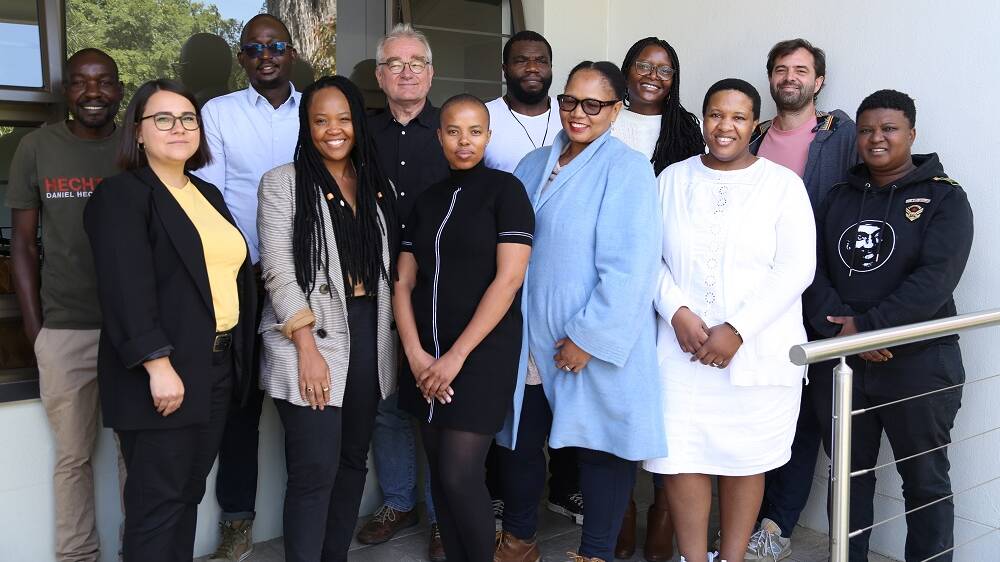Southern Africa Regional Office
All of the Rosa Luxemburg Foundation’s projects and independent activities with a focus on South Africa, Namibia, Botswana, Zimbabwe, Mozambique, Madagascar, and Mauritius are coordinated from our regional office in Johannesburg
As a region, Southern Africa comprises formally democratic states, most of which, however, are caught up in political, economic, and environmental crises. Some causes are domestic, while others are regional or even global.
Historically, the region formed a united front in its struggle for liberation against apartheid in South Africa and Zimbabwe, which entailed armed conflicts particularly in Namibia, Angola, and Mozambique that have shaped these countries’ economic, social, and democratic development to this very day. In fact, one could argue that they only emerged as truly independent states after the end of apartheid in 1990.
Nevertheless, they were soon eclipsed by neoliberalism. Even today, South Africa remains scarred by deep social inequality, while the remaining countries in the region have been similarly unable to overcome poverty and inequality. Under the regimes of privatization and extractivism, the poor and marginalized segments of the population are particularly exposed to severe socio-economic pressures. People’s lives are becoming increasingly precarious. Against this backdrop, the limited opportunities for effective political participation and the states’ repressive responses to protests often spark serious political violence.
The Rosa Luxemburg Foundation therefore primarily supports partner organizations that embrace a democratic and non-violent political culture and concentrate on addressing issues of social inequality in particular. In this context, we place a special focus on NGOs, research institutions, museums, memorials, trade unions, and their affiliated organizations. Our work reaches out to young people, women who are struggling financially, LGBTI* communities and workers in general, along with migrants and stateless persons.
On the islands of the southwest Indian Ocean, the Rosa Luxemburg Foundation focuses on fighting the impacts of climate change. Across the region and on individual islands, the foundation supports alternative approaches to organizing social and environmental movements.
In light of the unique situation in Zimbabwe, the foundation also lends its support to projects that educate, train, and consult with domestic and international actors in order to promote the country’s democratic and social development following the end of President Mugabe’s rule.
Activities
The Rosa Luxemburg Foundation’s office in Johannesburg mainly focuses on:
- Bringing together left-wing actors, particularly on issues related to eliminating social inequality
- Strengthening the participation of marginalized groups in political decision-making processes and combating all forms of discrimination
- Peaceful political advocacy, also through the educational programmes run by memorial foundations
- Promoting approaches to social and ecological transformation
- Supporting trade unions, particularly on issues of migration and its effects
- Strengthening campaigns aimed at defending social rights along the entire value chain
- Strengthening the organization of workers in the informal sector

Johannesburg Regional Office
Director: Janine Walter
Rosa-Luxemburg-Stiftung
237 Jan Smuts Avenue
2193 Johannesburg
South Africa